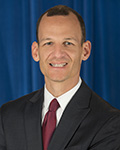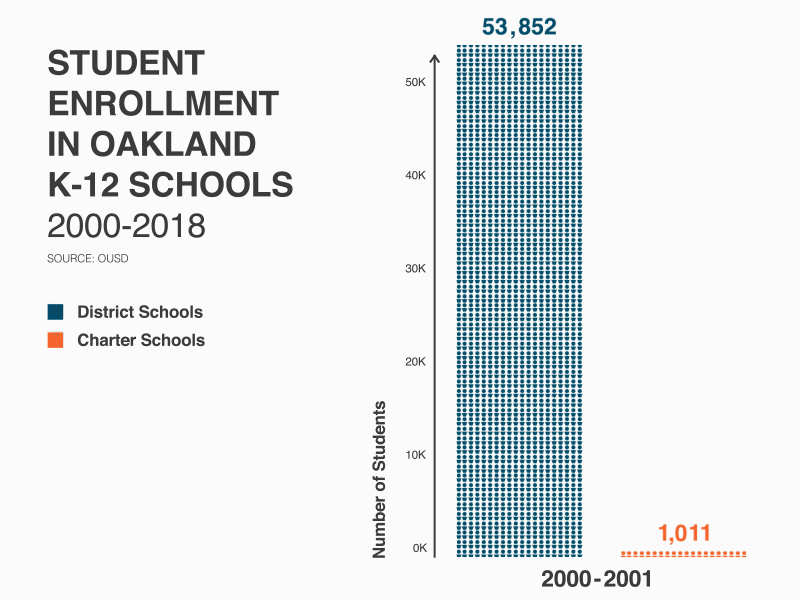I wrote a post about my very pleasant experience meeting the wonderful, charming, brilliant Alexandria Ocasio-Cortez in Jackson Heights
I wrote a post about my very pleasant experience meeting the wonderful, charming, brilliant Alexandria Ocasio-Cortez in Jackson Heights, and I described her as “warm, comfortable in her skin, somewhat taken aback by her sudden fame, and unpretentious.” I said that she paid attention, and that she came to listen and learn. Everyone at the meeting was thrilled to meet her, and she took the time to shake hands, take selfies, and give generously of herself to all of the people who crowded in to meet her. She is a superstar, deservedly.
I noted that “It was a bit jarring to hear AOC say that she was treated in the Yorktown schools as in need of remedial education because she was Hispanic, not mainstream, but, she said, “a-high-stakes standardized Test” revealed she was in the 99th percentile. No one stopped to point out that she could not be referring to any high-stakes test used for accountability purposes because they don’t rank by percentile. They classify students as 1, 2, 3, or 4. Her teacher must have given her a no-stakes individual test that produces a percentile ranking for diagnostic purposes. Well, she can’t know everything about everything. None of us do.” I was not criticizing her but pointing out that she probably took an Iowa test or some other kind of test that gives percentile rankings, which NCLB tests do not. When you are a student, when you are in elementary school, you are not likely to know what kind of test you are taking, whether it is an Iowa test or a Pearson test or some other kind of test.
Imagine how surprised I was to see that a number of right-wing blogs claimed that I accused AOC of “lying.” Nothing could be further from the truth.
This one is titled “Ocasio-Cortez Lied About Her Test Scores to a Public Education Group.”
This was picked up by another blog.
And yet another blog, which attacked me too, for my writings about Afrocentrism from nearly 30 years ago.
And yet another blog, called “Liberty Redux.”
This one was titled “Did Ocasio-Cortez Lie about Her Test Scores at Anti-Charter School Rally?”
This was repeated by another blog.
Probably it is continuing to spread through the fevered CONTINUE READING: Diane Ravitch's blog | A site to discuss better education for all



























